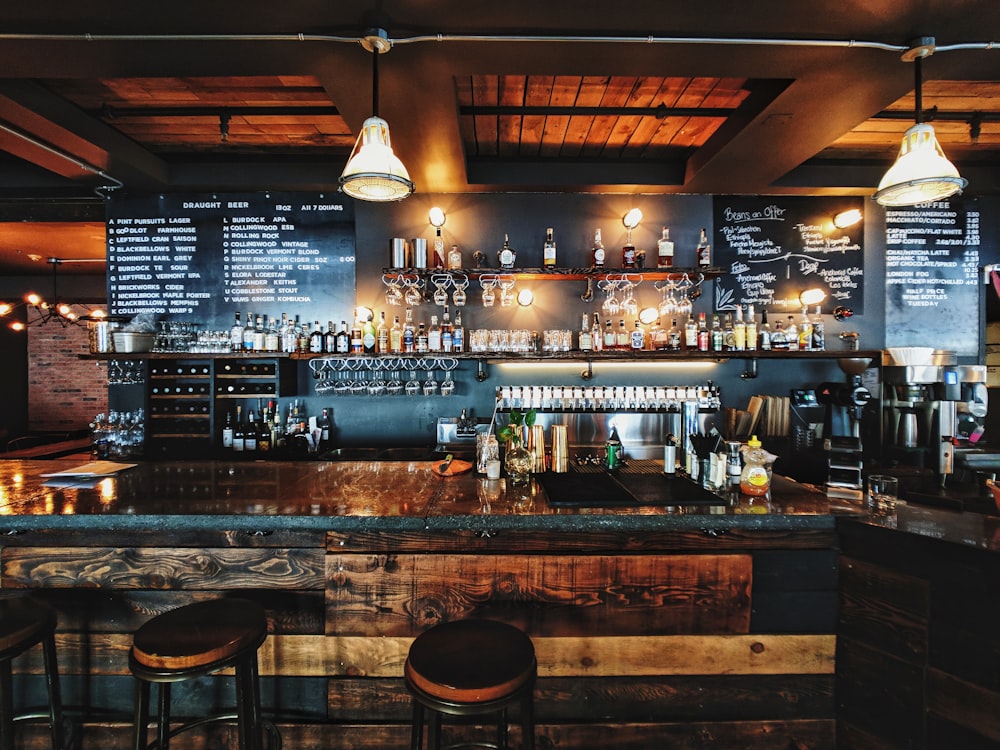December 22, 2024

Did you know that 50% of restaurant owners plan to implement AI technology in the next 1-2 years? The restaurant industry is on the brink of a major transformation, with artificial intelligence leading the charge. From streamlining operations to enhancing customer experiences, AI is reshaping how restaurants operate and serve their patrons.
Let's explore how AI is changing the game for restaurants and what the future might hold for this dynamic industry.
One of the most significant changes AI brings to restaurants is in the realm of order taking. AI-powered phone agents are becoming increasingly common, handling customer calls with efficiency and accuracy that rivals human staff.
These AI restaurant phone agents can:
For example, Loman.ai offers an AI phone agent that specializes in taking orders and managing reservations for restaurants. This technology ensures that no customer call goes unanswered, potentially increasing sales and improving customer satisfaction.
The impact of such systems on restaurant operations can be substantial. As one restaurant owner using Loman.ai noted, "Sales are up almost 25% since we started using Loman." This increase in efficiency and sales potential is driving more restaurants to consider AI solutions for their communication needs.
Another area where AI is making waves is in reservation management. AI-powered reservation systems are helping restaurants optimize their seating arrangements and reduce no-shows.
These systems can:
By implementing AI for reservations, restaurants can significantly improve their table turnover rates and reduce the number of empty tables during peak hours. This not only increases revenue but also enhances the overall dining experience for customers by minimizing wait times.
As shown in the video above, AI is set to transform various aspects of the restaurant industry, including reservation management. This technology is not just about efficiency; it's about creating a seamless experience for both restaurant staff and diners.
AI is also enabling restaurants to offer more personalized experiences to their customers. By analyzing data from previous orders and interactions, AI systems can make tailored recommendations and remember customer preferences.
This personalization can manifest in several ways:
For instance, an AI phone agent like Loman.ai can be trained on a restaurant's specific menu and policies, allowing it to handle detailed inquiries about menu options and dietary restrictions with ease. This level of personalization can significantly enhance customer satisfaction and loyalty.
Beyond front-of-house operations, AI is also making its way into restaurant kitchens. AI-powered systems are helping chefs and kitchen staff optimize their processes and reduce waste.
Some applications of AI in the kitchen include:
These AI-driven improvements in kitchen operations can lead to significant cost savings and improved food quality. As restaurants continue to face challenges with rising food costs and labor shortages, AI solutions in the kitchen are becoming increasingly attractive.
As AI takes on more tasks in restaurants, there's naturally concern about the impact on human jobs. However, many industry experts believe that AI will augment rather than replace human staff.
AI can handle routine tasks, allowing human staff to focus on:
For example, with an AI phone agent handling routine calls, restaurant staff can dedicate more time to in-person customer service, potentially improving the overall dining experience. As one restaurant owner using Loman.ai put it, "My staff absolutely LOVES the AI. I can't believe how many calls I was missing."
The video above explores how AI is changing the service industry, including restaurants. It highlights the potential for AI to enhance rather than replace human roles in the dining experience.
While the potential benefits of AI in restaurants are significant, there are also challenges to consider:
Restaurants considering AI implementation should carefully weigh these factors and choose solutions that align with their specific needs and values. It's crucial to select AI tools that enhance rather than detract from the dining experience.
The integration of AI into the restaurant industry is not just a passing trend; it's a fundamental shift in how restaurants operate and serve their customers. From AI-powered phone agents to kitchen management systems, these technologies are helping restaurants become more efficient, profitable, and customer-focused.
As we look to the future, it's clear that AI will play an increasingly important role in shaping the restaurant industry. Restaurants that embrace these technologies thoughtfully and strategically are likely to gain a significant competitive advantage in the years to come.
For those interested in exploring AI solutions for their restaurant, tools like Loman.ai offer a glimpse into the potential of AI-powered communication systems. As the industry continues to evolve, staying informed about these technological advancements will be crucial for restaurant owners and managers looking to stay ahead of the curve.
AI can automate tasks like order taking and reservation management, reduce errors, and optimize kitchen operations, leading to improved efficiency and potentially increased revenue.
While AI can handle many routine tasks, it's more likely to augment rather than replace human staff. AI can free up staff to focus on providing personalized service and handling complex situations that require human touch.
Challenges include initial implementation costs, staff training, ensuring data privacy and security, and maintaining a balance between technology and the human element of hospitality.
Restaurants can start by identifying areas where AI could improve their operations, such as order taking or reservation management. Solutions like Loman.ai offer AI phone agents specifically designed for restaurants, providing an easy entry point into AI technology.

Enter your information in the form to receive a call from Loman and place an order like a customer would!